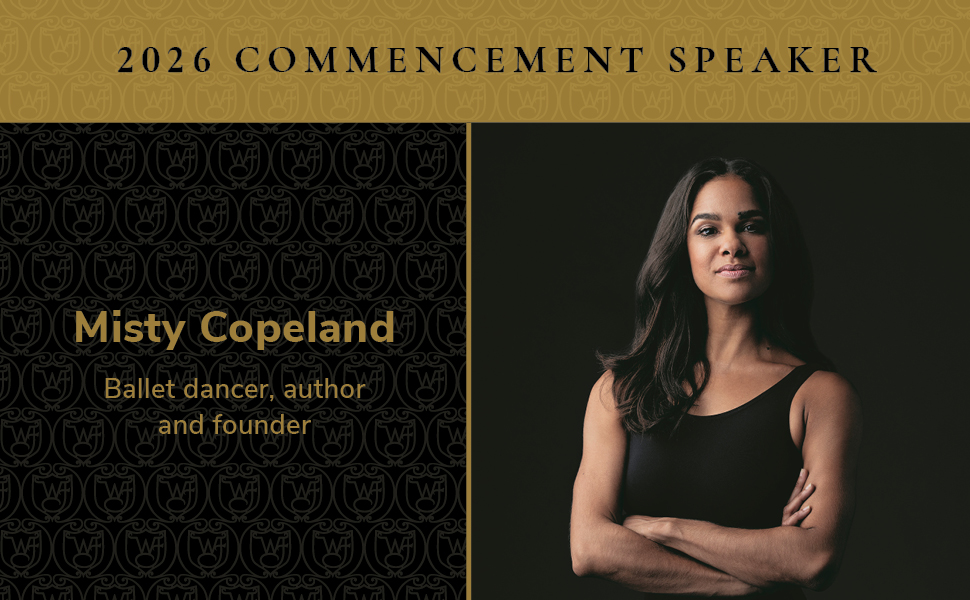Do virtual meetings level the playing field for diverse voices?

Decades of research have shown that diverse organizations are more engaged and able to develop creative solutions to problems. The more diverse voices in the room, the more likely meaningful innovation will happen.
But diversity is not the same as inclusion. Not everyone attending a meeting feels empowered to share their best ideas or offer opinions they feel the group may not want to hear.
Can virtual meetings level the playing field? Not usually.
Wake Forest communication professor Rebecca Gill says moving online does not solve the problems of bias and discrimination that are often part of the in-person working world.
“Most likely, interactions that have moved online are going to follow the patterns that were established when working in-person,” she says. “This is particularly the case if working from home is viewed as a temporary measure and that it will soon be business as usual.”
The dimensions of identity or experience that can lead to a person feeling voiceless at work do not disappear – and in fact may be compounded – when working from home, explains Gill, who is an expert in identity development and workplace culture.
“It can be even more difficult for an employee who often feels as though their voice is not heard to interject in a conference call when visual cues are lacking.”
Gill says employers need to be aware of how individuals may have experienced inclusion, or a lack of it, in the workplace before the pandemic in order to use virtual meetings successfully. Leaders can encourage participation by intentionally curating opportunities for collaboration and cross-pollination of ideas, such as hosting small-group online coffees or social hours.
“Invite employees who may not normally speak up to offer opinions. Place them with teams that are taking on new and consequential projects,” Gill adds. “And, when it becomes possible, meet in person. Face-to-face communication establishes the foundation of trust and collaboration that is necessary for innovation.”
Gill integrates entrepreneurship with the field of communication. She is co-author of “Organizations and Identity” (2017), and an expert in how identities are formed in the workplace and why they are especially relevant in today’s culture.
Categories: Experts, Research & Discovery
Wake Forest News
336.758.5237
media@wfu.edu
Meet the News Team
Headlines
Wake Forest in the News
Wake Forest regularly appears in media outlets around the world.




